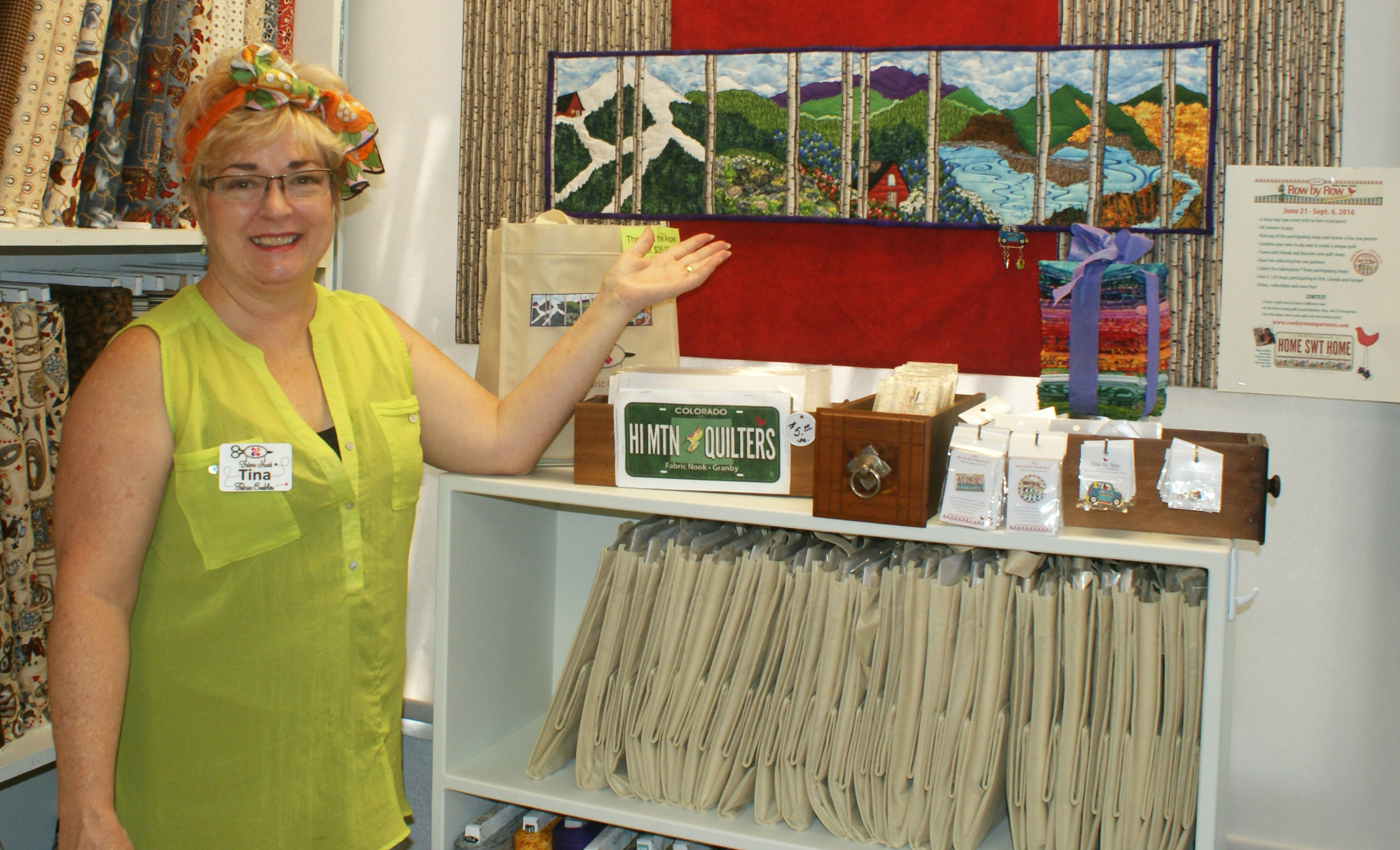This article first appeared in the Middle Park Times in 1984 and has since appeared in the Fence Post and Denver Post. Bill Curran has left us a lasting legacy of his memories even though he passed away in 2015.
by Bill Curran
It was a cold, clear crisp Christmas Eve in Kremmling. It was probably 10 below zero as a couple of other teenaged boys and I stood on the hillside next to the house that is now Clyde Overholt’s home, waiting … not for Santa Claus, but for an experience I will never forget.
At 11 o’clock, we could hear, faintly in the distance, singing. As we waited, straining our ears and eyes into the darkness, the singing gradually got louder and we could hear it was familiar Christmas carols, but with strange words.
It was a foreign language. It was German! It was 56 or 57 years ago, and we were at war with Germany.
As we listened to this beautiful music, carrying miles on this cold, clear night, and coming closer and closer, we gradually heard the singers. A group of men it looked then like hundreds but was probably about 100, was marching and singing. Alongside marched several other men carrying rifles.
Christmas carolers and guns!But these were strange times. They were prisoners of war. Their prison camp was at the ice plant at the mouth of Gore Canyon, about 2 miles away, and they were being marched down the railroad tracks to town to attend midnight mass.
When the marching Germans reached the depot and started up the hill, we ran to the church where I served as an altar boy. One side of the church had the pews roped off, reserved for the POWs. Our little congregation sat on the other side, waiting for the Germans to arrive.
As the prisoners started coming in, it was a very strange feeling. All of our people had husbands, sons or brothers who were far away, shooting at and being shot at by countrymen of these men entering our church.
Many faces showed hatred and anger. But, as these men filed in and our people saw that these were mostly just kids, barely older than I, and some older men, who also were far from their loved ones on Christmas the hatred and not-well-hidden fear seemed to fade from the faces.
When everyone was seated and the American soldiers had moved to the rear of the church, where they stood at attention through the entire mass, a hush fell over the church.
One German, who couldn’t have been more than 17, with blue eyes and blond, crew-cut hair, stood up and began to sing the most beautiful version of “Ave Maria” I have ever heard. As he sang, I looked around. Here were these prisoners, who a few weeks ago had been shooting at our dads, big brothers and friends and who now were thousands of miles from their families in a strange country, not knowing what would happen to them on Christmas.
As the handsome young German sang, I noticed that not one eye in the church was dry .
. . not just on “their side” of the church, but also on “our side.”
I will never forget the feeling that surrounded me that night, sympathy and pity for these men who were supposed to be our enemies . . . sympathy and pity for our people who had loved ones far away fighting this big war.
At the conclusion of mass, the Germans rose and began to sing “Silent Night” in German. They continued to sing as they filed out, leaving our people just sitting, many with tears streaming down their faces. I even noticed some smiles exchanged between “our people” and the “enemy.”
This was the true feeling of Christmas. “Love thine enemy” and “good will toward men.”
It was a Christmas Eve I will never forget.

since appeared in the Fence Post and Denver Post. Bill Curran has left us
a lasting legacy of his memories even though he passed away in 2015.








